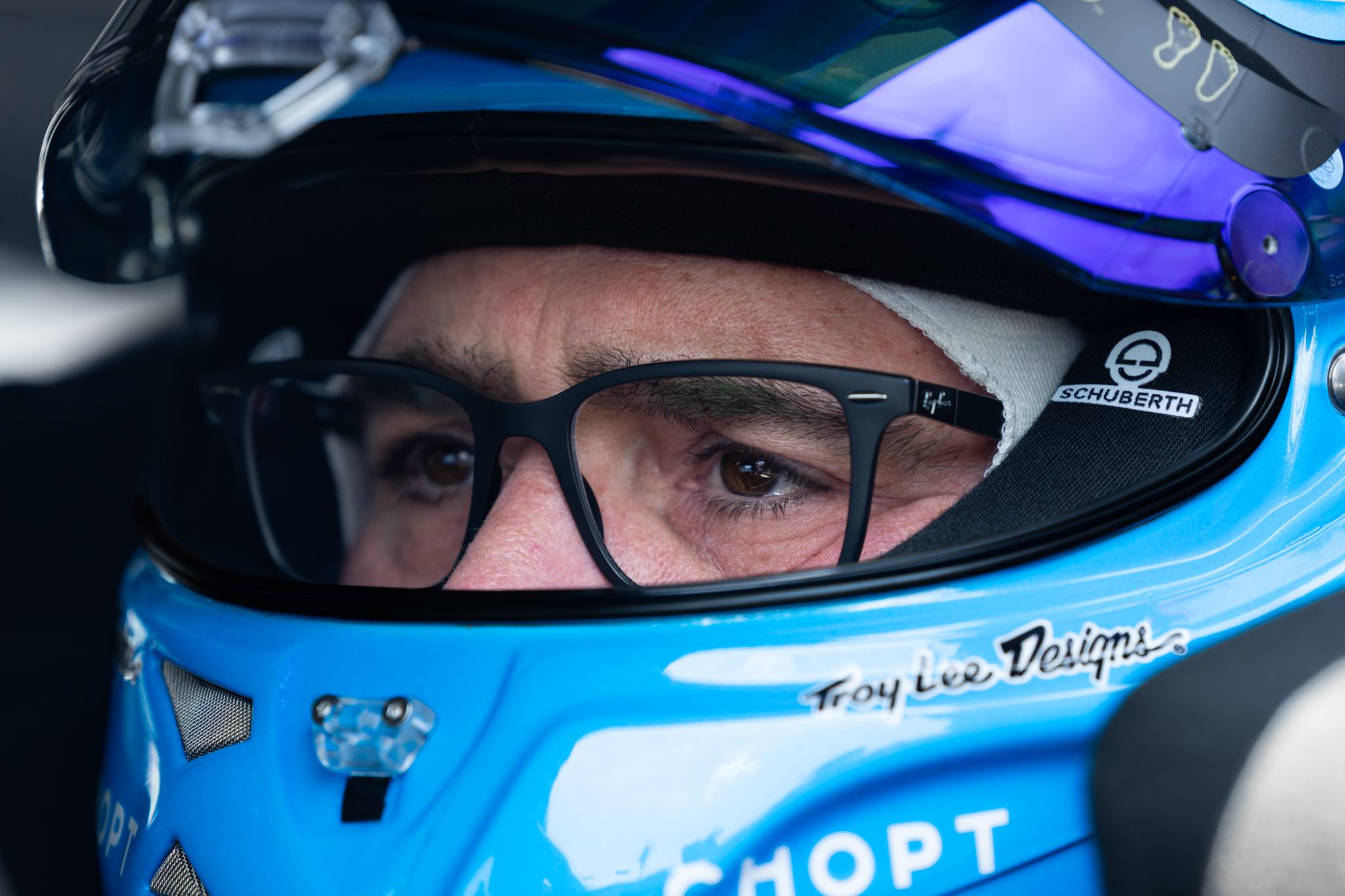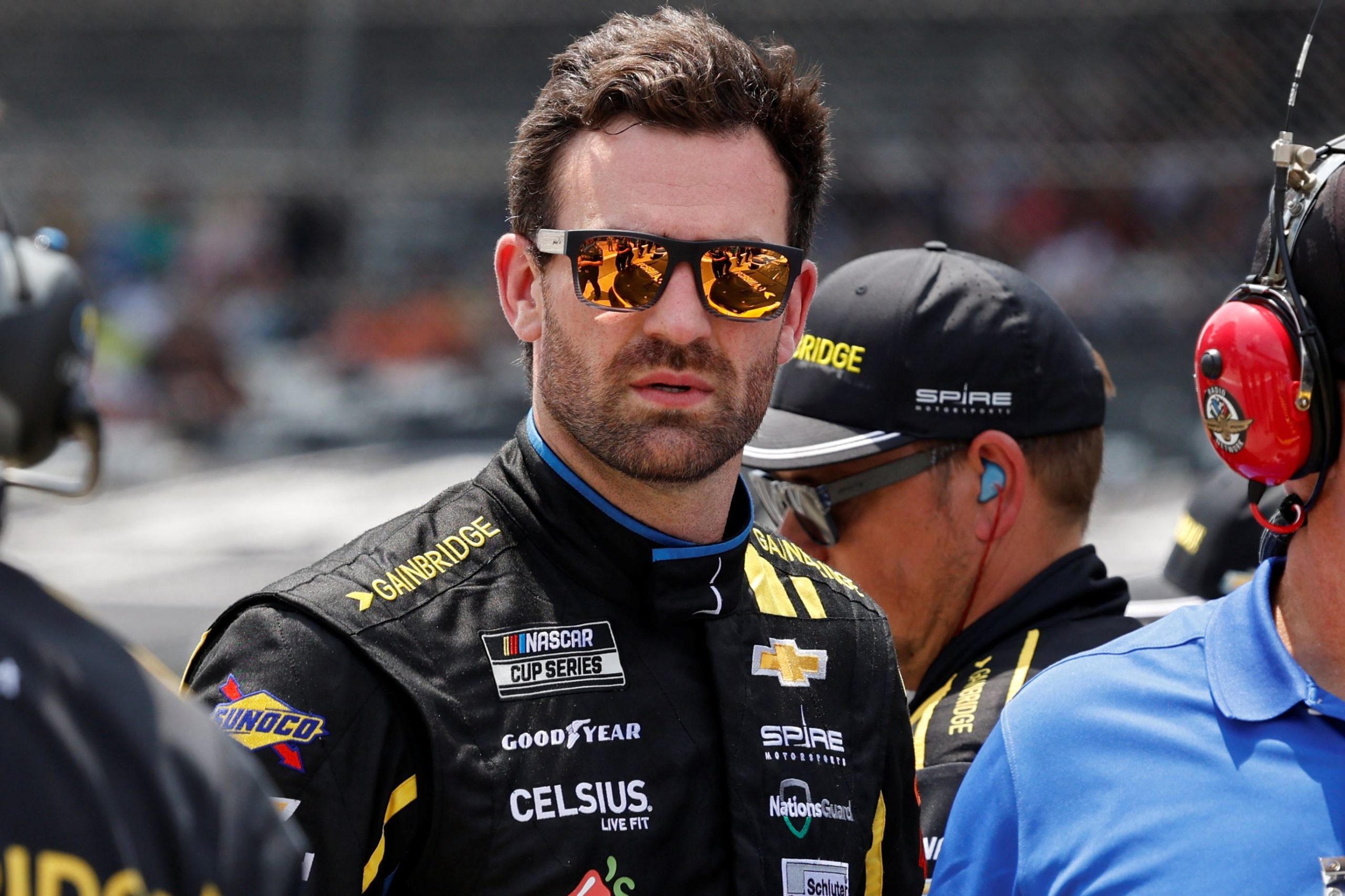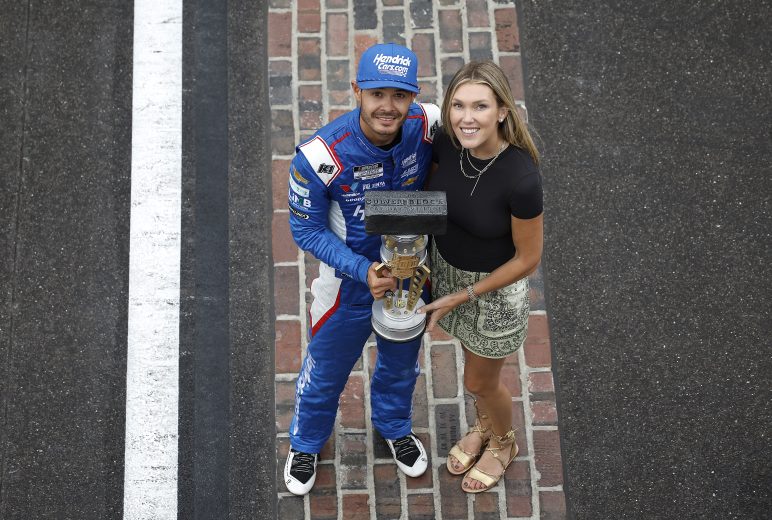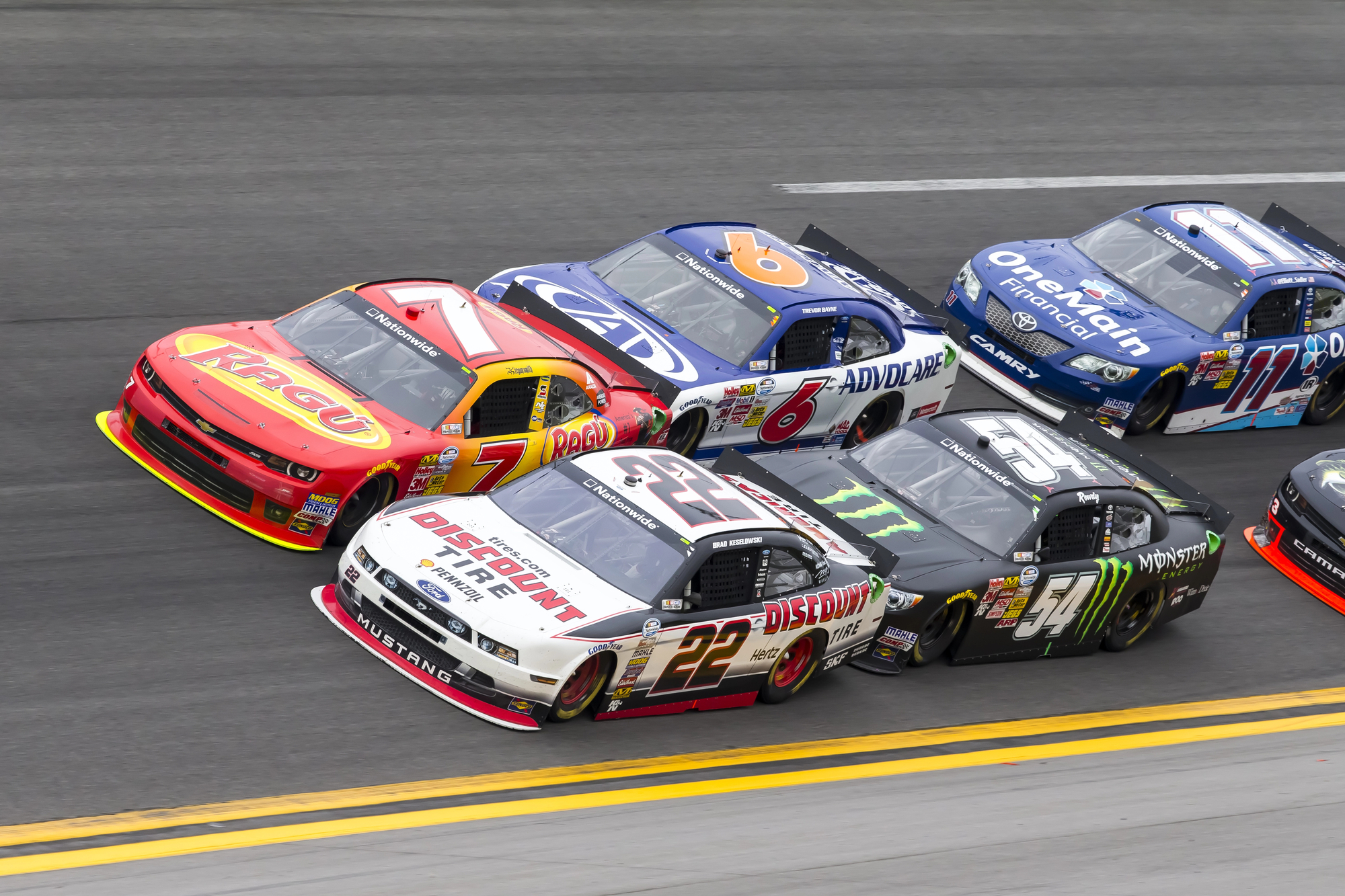What is the lightning rule in NASCAR?
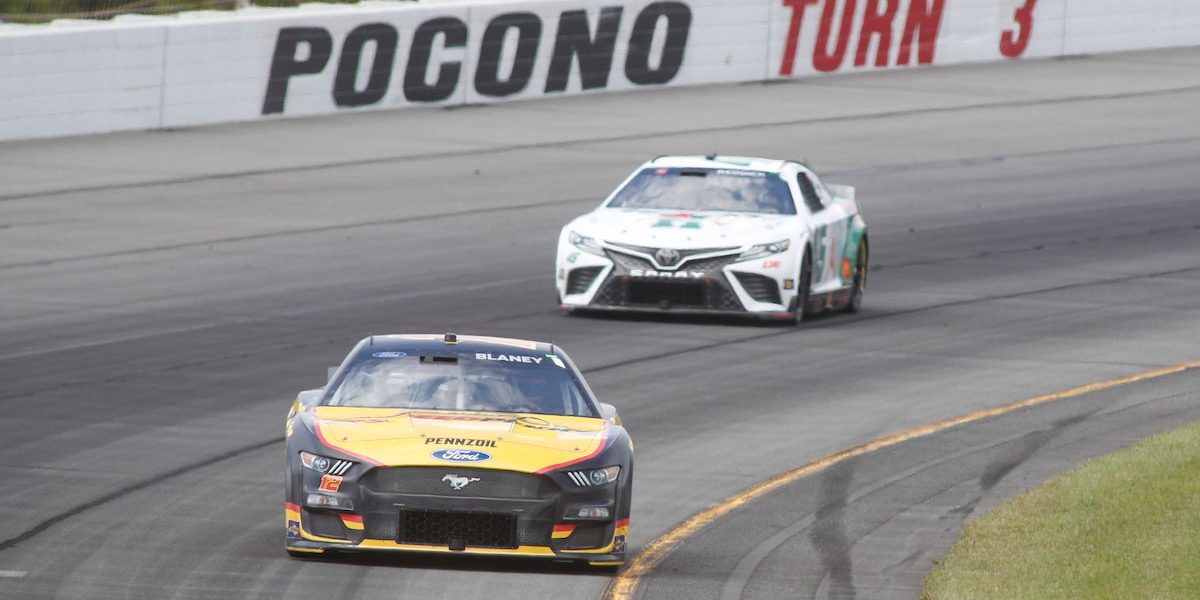
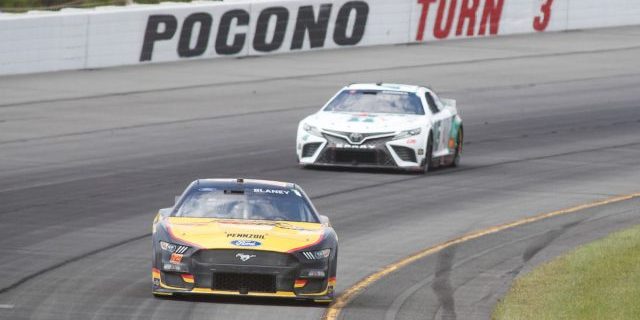
You’re a NASCAR fan, and you’ve heard the term “lightning rule” thrown around during races. What exactly is the lightning rule in NASCAR, and why should you care?
The lightning rule in NASCAR is a safety regulation that mandates a halt to all track activity if lightning is detected within an 8-mile radius of the racetrack. This pause lasts for at least 30 minutes after the last detected lightning strike.
Table of Contents
In this article
In this article, we will delve into the nitty-gritty of the lightning rule in NASCAR, including its history, purpose, and implications. We will also explore some frequently asked questions and how this rule aligns with other sports regulations.
A Detailed Explanation
The Birth of the Lightning Rule
The lightning rule was introduced in 2019 as part of NASCAR’s commitment to fan and driver safety. With venues often packed with tens of thousands of spectators, many of whom are in open-air stands or moving about in the open, the danger from lightning is significant.
Why an 8-Mile Radius?
You might wonder why the rule specifies an 8-mile radius. Studies show that lightning can strike as far as 10 miles away from the parent storm. An 8-mile radius provides a buffer zone, offering enough time to halt activities and secure the area.
The 30-Minute Rule
Once lightning has been detected within the 8-mile radius, all activity must cease for at least 30 minutes following the last detected strike. This duration was decided based on meteorological data and ensures a reasonable level of safety before resuming the event.
How Is Lightning Detected?
NASCAR employs advanced meteorological services to track weather conditions in real-time. This technology allows for immediate detection of lightning, enabling quick decisions to be made to safeguard everyone involved.
Here’s everything else you need to know to get a full grasp of this essential NASCAR rule.
What Happens During the 30-Minute Hold?
During this time, fans are often advised to seek shelter, and drivers are removed from their vehicles. Crews also secure any loose equipment. This is not just a rule on paper; it’s a guideline rigorously followed to ensure everyone’s safety.
What If the Race is Near Completion?
In situations where the race is close to ending, the lightning rule can create dramatic shifts in strategy. For instance, if a race has reached its final laps and lightning is detected, the current leader stands to win, provided that the race can’t resume.
How Does This Rule Affect Betting?
Given that the outcome of the race can be dramatically altered due to this rule, it also has implications for sports betting. If you’re placing bets on a NASCAR race, it’s crucial to be aware of the weather conditions and how they might affect your wagers.
What Are the Penalties for Non-Compliance?
Failure to adhere to the lightning rule can result in severe penalties for teams and drivers, including fines and potential disqualification. NASCAR takes this rule very seriously, and compliance is non-negotiable. Multiple checks and balances are in place to ensure accurate weather monitoring and immediate communication to all parties involved.
How Does the Lightning Rule Compare to Other Sports?
Many other outdoor sports have similar rules for lightning delays, although the specifics can differ. For instance, the NFL and college football games also employ the 30-minute rule but may have different protocols for determining the safe distance for lightning strikes. Understanding how NASCAR’s lightning rule compares can give you a broader view of safety measures in outdoor sports.
Other Weather Conditions
It’s worth noting that lightning isn’t the only weather condition that can halt a NASCAR race. Extreme winds, hail, and other severe weather elements can also lead to a suspension of track activities. However, the lightning rule is among the most stringent due to the immediate and unpredictable threat that lightning poses.
What is the lightning rule in NASCAR? – Final Thoughts
By now, you should have a well-rounded understanding of what the lightning rule in NASCAR entails. This rule is not just a technicality but a crucial safety measure designed to protect fans, drivers, and everyone else involved in the event. It’s a part of the broader commitment to safety that makes NASCAR a thrilling yet secure sport to enjoy. So the next time you hear that the lightning rule has been invoked during a race, know that it’s for the greater good and your safety is the priority.
What is the lightning rule in NASCAR? – Frequently Asked Questions (FAQ)
How often is the lightning rule invoked?
The frequency can vary depending on the weather but it’s not uncommon for it to be invoked multiple times during the NASCAR season.
Do other motorsports have a lightning rule?
Yes, other motorsports often have similar safety protocols, although the specifics can differ.
What happens to my ticket if the race is cancelled?
In most cases, your ticket will be valid for the rescheduled event.
Does the rule apply to practice and qualifying sessions?
Yes, the lightning rule applies to all track activities, not just the main event.
How are fans informed about a lightning delay?
Fans are usually informed through announcements at the venue and updates on the event’s social media channels.
How do teams prepare for a potential lightning delay?
Teams keep an eye on weather forecasts and have contingency plans for securing equipment and ensuring driver safety.
Is the 30-minute rule applied universally across all NASCAR series?
Yes, the 30-minute rule applies to all NASCAR series, including the Cup Series, Xfinity Series, and Truck Series.

